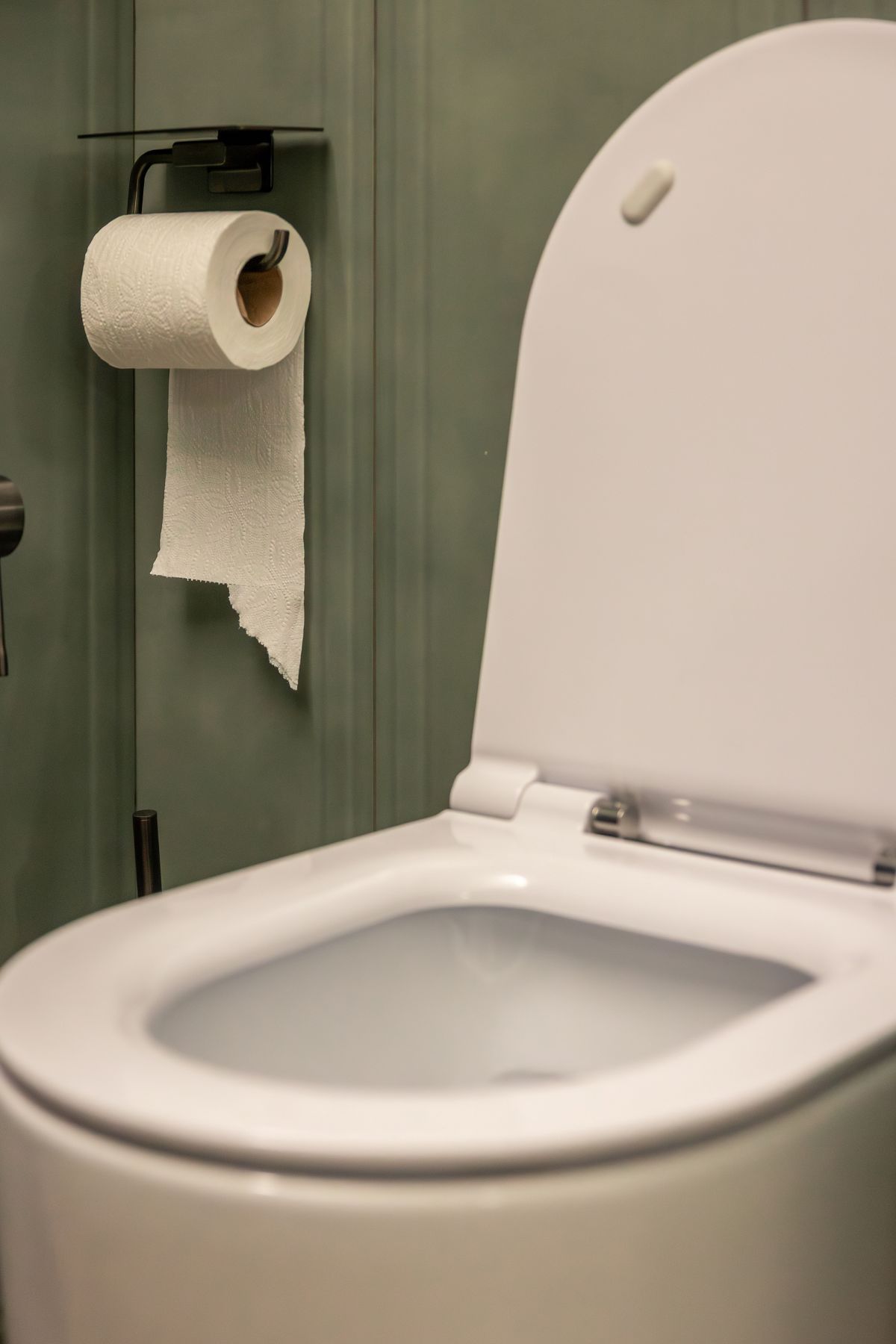
Some, if not many, parents of teenagers feel speaking about alcohol is a touchy topic. While some parents might feel bringing it up will only encourage kids to drink, others believe the only way to make sure their kids don’t drink is to rule with an iron fist. On the opposite end of the spectrum, some parents might think that teenagers and alcohol are bound to cross paths, and a little innocent drinking won’t harm anyone.
Regardless of your thoughts, it’s important to remember underage drinking is illegal. And it’s illegal for a reason. Research has shown that an alarming number of teenagers experiment with alcohol, with some reports saying as many as 80 percent of high school students have tried alcohol. Research has also indicated that certain events, such as peer pressure from fellow students or even parents’ divorce, has traditionally triggered alcohol use among teenagers.
With such startling numbers, parents of current teenagers or pre-teens can expect an uphill battle when it comes to keeping their kids away from alcohol.
Those looking to do just that should consider the following tips:
• Be a good role model. Kids learn a lot from their parents, and behavior is among those many lessons. How you behave with alcohol can greatly influence how your kids approach alcohol. A good approach can be hosting parties and not serving any alcohol. Kids will learn from such parties that they don’t need alcohol to have fun.
• Reinforce the right things. Some professionals feel that kids with high self-esteem are less likely to experiment with drugs or alcohol. That’s because they already have the self-confidence to know they don’t need to do foolish things to fit in with the rest of the group. A good way for parents to build that self-esteem is to encourage children’s strengths, reinforce their positive behaviors and let them know you’re proud of them.
• Teach positive ways to manage stress. Kids, particularly teenagers, are often under a lot of stress. Stress to conform, stress to do well in school, even stress to make a school athletic team, all add up. Like parents stressing out over work or bills, kids need a positive way to relieve stress. Some kids seek to relieve that stress with alcohol. Parents should encourage positive activities, such as exercise, as a means to stress relief.
These tactics don’t always work, as even parents who do all the right things sometimes find their children abusing alcohol.
If you suspect your child is developing an alcohol problem, look for a few of the following telltale signs:
• Noticeable change in school performance/attendance. A sudden dip in academic performance and frequent “sick” days could be indicative of an alcohol problem.
• Mood swings. Parents who have been hungover before should keep an eye open to see if their children’s morning moods are just typical sleepiness or possibly the effects of a night spent drinking.
• Loss of interest in past passions. No longer caring about school or a sports team is common among teenage alcohol abusers.











